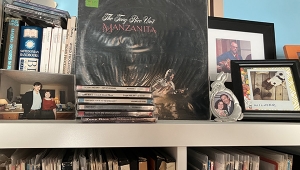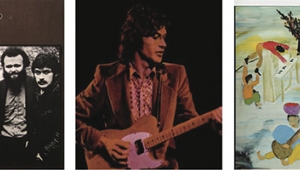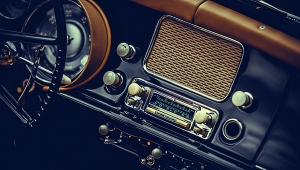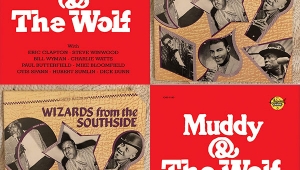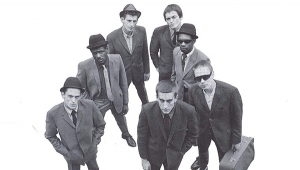| Columns Retired Columns & Blogs |
I agree too. Production-wise digital, autotune, and quantizing just takes the humanity out of recordings. I find the perfection fatiguing. And the mistakes you mention, make them special. There's too many to name. When people recorded with tape they often had to do it in one take. So a handful of tries, but one take at all the measures.
I saw an interview with Dimeola the other day and they are releasing "saturday night in san fran", which is unreleased recordings from the same performance "friday...". Apparently it was MacLaughlin that told Al to release it, warts and all.









